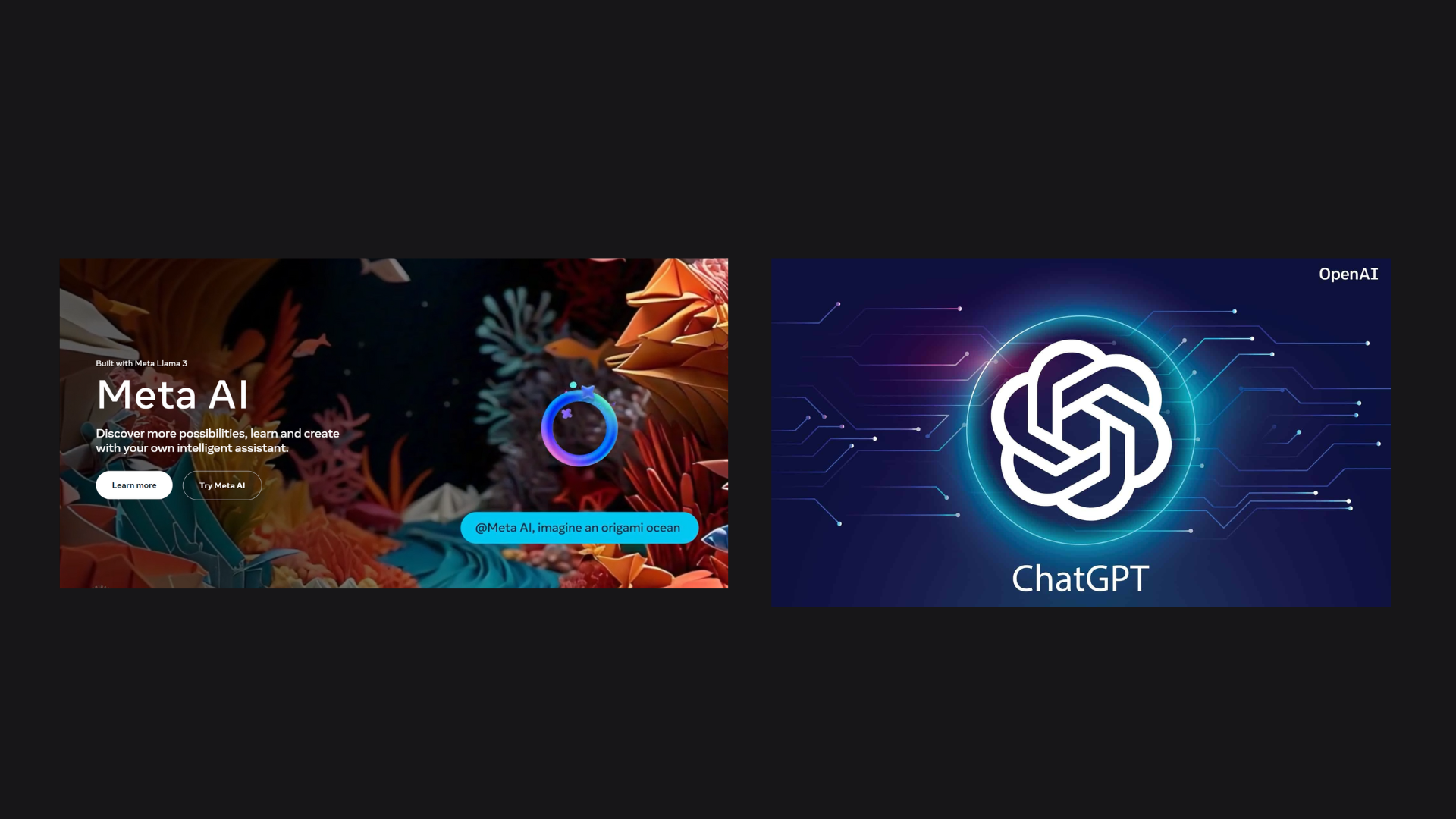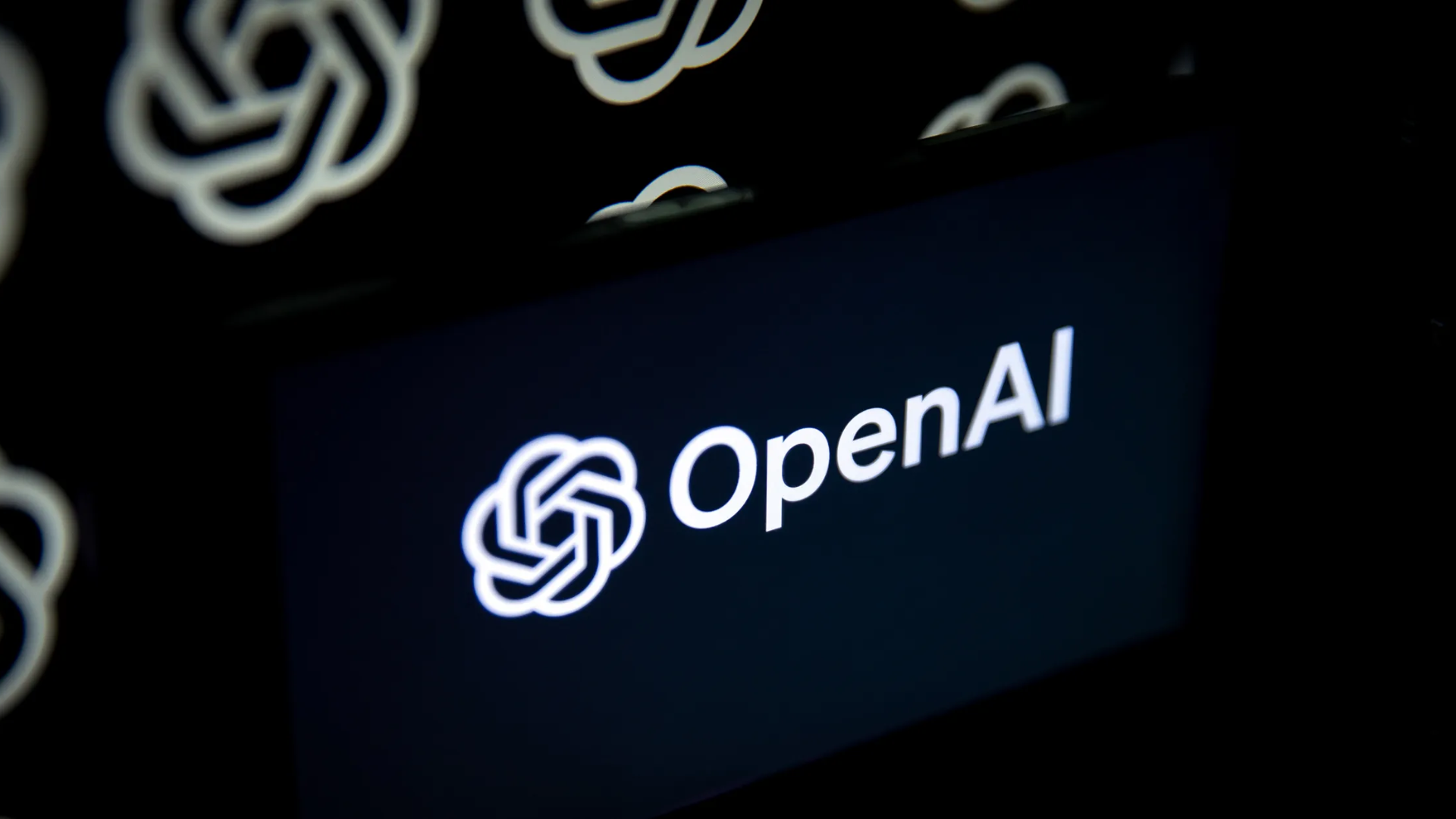










OpenAI, a leading artificial intelligence research laboratory, is breaking new ground in the realm of text-to-speech technology with its latest innovation, Voice Engine. This cutting-edge model has the capability to read words aloud in a remarkably human-like voice, marking a significant advancement in AI capabilities. However, the unveiling of this technology also raises concerns about the potential risks associated with deepfake content.
The company has initiated a small-scale preview of Voice Engine, offering early demos and use cases to a select group of developers. Approximately 10 developers have been granted access to this innovative tool thus far. OpenAI’s decision to limit the release of Voice Engine follows careful consideration and feedback from stakeholders, including policymakers, industry experts, educators, and creatives. Originally, the plan was to extend access to as many as 100 developers, but the company opted for a more cautious approach in response to the identified risks.
Recognizing the serious implications of generating speech that closely resembles human voices, OpenAI is collaborating with various partners from government, media, entertainment, education, civil society, and beyond to address these concerns. The company is committed to incorporating feedback from these stakeholders as it continues to develop Voice Engine.
Unlike previous audio generation efforts, Voice Engine has the ability to mimic individual voices with remarkable accuracy, replicating specific cadences and intonations. With just 15 seconds of recorded audio, the software can recreate a person’s voice convincingly. During a demonstration, OpenAI CEO Sam Altman’s voice was indistinguishable from his actual speech, showcasing the technical prowess of the tool.
However, amidst the impressive capabilities of Voice Engine, concerns about safety and ethics loom large. The potential for misuse, particularly in the creation of deceptive content, poses significant challenges. OpenAI is taking proactive measures to address these concerns by implementing usage policies, obtaining consent from original speakers, and disclosing to listeners when AI-generated voices are being used.
Despite the risks, Voice Engine holds promise for a variety of beneficial applications. For instance, the Norman Prince Neurosciences Institute at Lifespan is leveraging the technology to help patients regain their voices. Additionally, Voice Engine’s ability to translate generated audio into different languages makes it valuable for companies like Spotify, which can use it to translate podcasts and broaden their audience reach.
As OpenAI solicits feedback from external experts and considers the potential broader release of Voice Engine, it underscores the importance of public awareness and societal preparedness. The company advocates for measures to enhance resilience against the challenges posed by advanced AI technologies. Suggestions include phasing out voice authentication in sensitive settings, such as banking, and investing in education and detection techniques to combat deceptive AI content.
In conclusion, while Voice Engine represents a remarkable technological achievement, it also brings forth complex ethical considerations. OpenAI’s approach of soliciting feedback and promoting awareness reflects a commitment to responsible AI development. As society navigates the evolving landscape of AI technology, initiatives like Voice Engine serve as catalysts for dialogue and reflection on the implications of AI innovation.
(MEDIA SOURCE)









